Where did all the women go?
A women's sport investigation
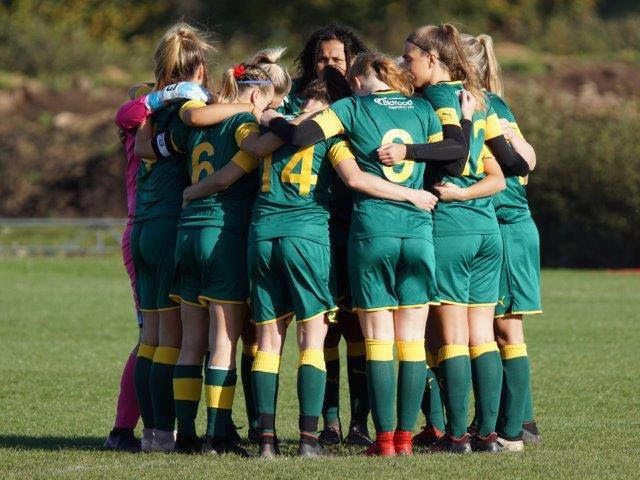
In March 2020, as the UK is hit by Coronavirus pandemic and goes into lockdown, all sport in the country is postponed to prevent the spread of the virus.
The sports industry as a whole grinds to a halt. The more professionally and financially developed men's sports are left reeling as they are faced with huge deficits caused by a near complete loss of income overnight.
But for women's sport, the outlook was far more sinister. Some in the sports industry claimed of a potential 'existential threat' and risks of being set back '10 to 20 years'.
Statements made at the beginning of lockdown suggested women's sport would remain a priority
Statements made at the beginning of lockdown suggested women's sport would remain a priority
Charity Women In Sport highlighted their concerns of a spiral of decline - starting with worries that elite women's teams would be sacrificed either to save money or as they simply cannot afford to continue.
The charity outlined that the knock on effects of this could be disastrous - a lack of top teams and therefore top competitions could see media coverage and income generation plummet, leaving women's sport back at 'square one'.
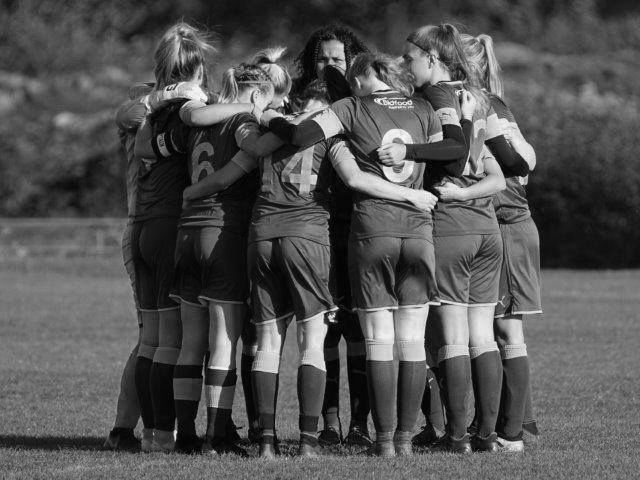
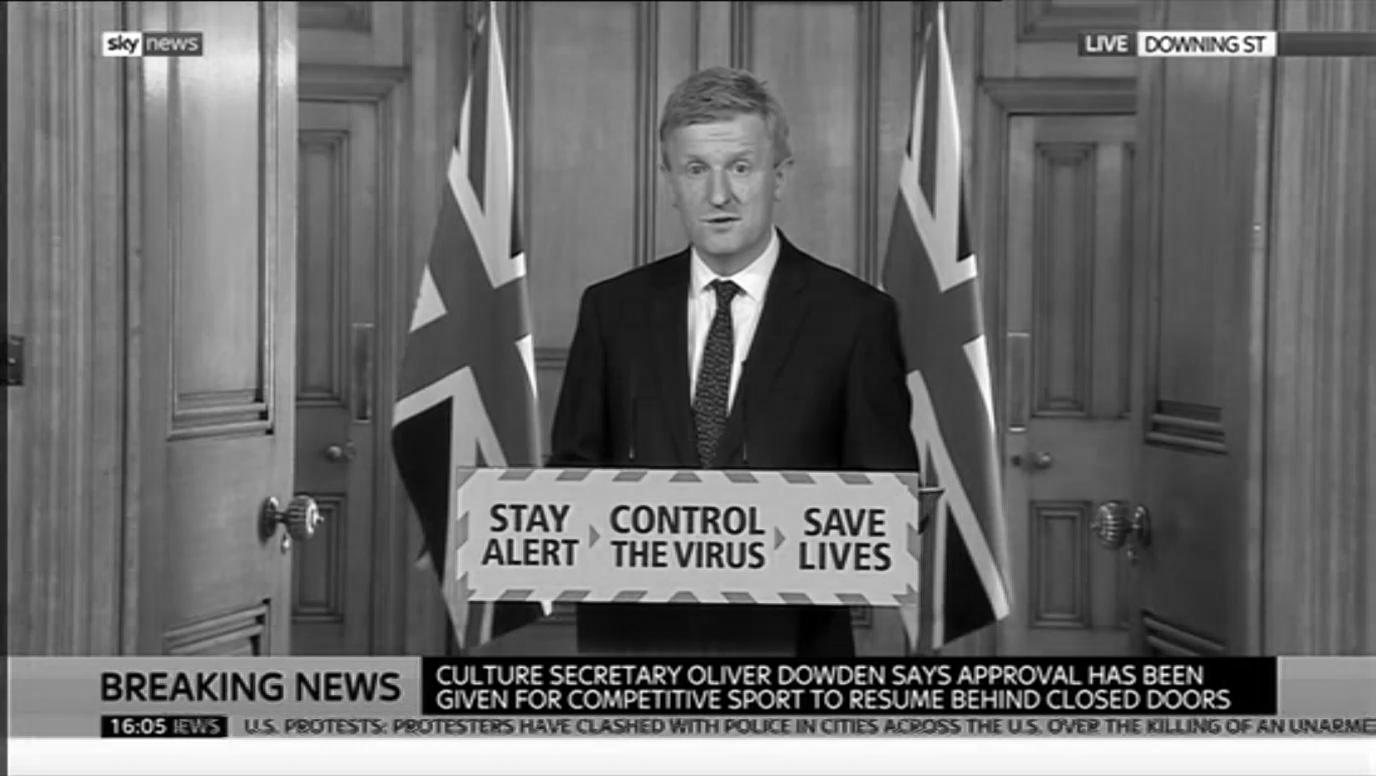
The Summer of No Return
In the summer of 2020, men’s sports such as football, cricket and rugby, geared up for a return to play out the remainder of their seasons.
Women’s sports were left in limbo; indefinitely suspended with governing bodies citing the financial differences between men’s and women’s sports and the costs of coronavirus testing as a major hurdle.
Rosie Galligan, a rugby union player for both Saracens and England, says not being able to finish the season like their male counterparts was difficult to take.
"I'd have understood if we hadn't completed the first block of fixtures but everyone had played each other once, so it just seems there is a difference in how they handled finishing competitions.
When you put so much effort into the season and you know that the men's competition is still happening and they're definitely going to get a result, it does make you feel like all of your hard work has gone to pot."
Joanna Butler, a footballer for East Midlands side Loughborough Foxes, echoed Rosie's sentiments, saying the season cancellation was 'incredibly frustrating'.
But Jordan Guard, a recently retired footballer and the founder and managing director of the Women’s Sports Alliance, thinks the way women's sport was handled was 'a really good thing'.
Why did this happen?
Many in the industry claimed that the prioritisation of men’s sport was simply down to money.
Men’s cricket, rugby and football attract far bigger commercial, sponsorship and broadcasting revenues than women’s cricket, rugby, football and netball.
Jim Hindson, cricket coach, managing director at CricketArchive and former professional cricketer at Nottinghamshire County Cricket Club explained that cricket as a whole - and not just the women's game - has struggled as a result of the pandemic.
"Cricket in general has been hit pretty hard. Sponsors sponsor tournaments and if the tournaments don't happen the sponsors are quite rightly saying 'we want our money back' or 'can we just pause everything'."
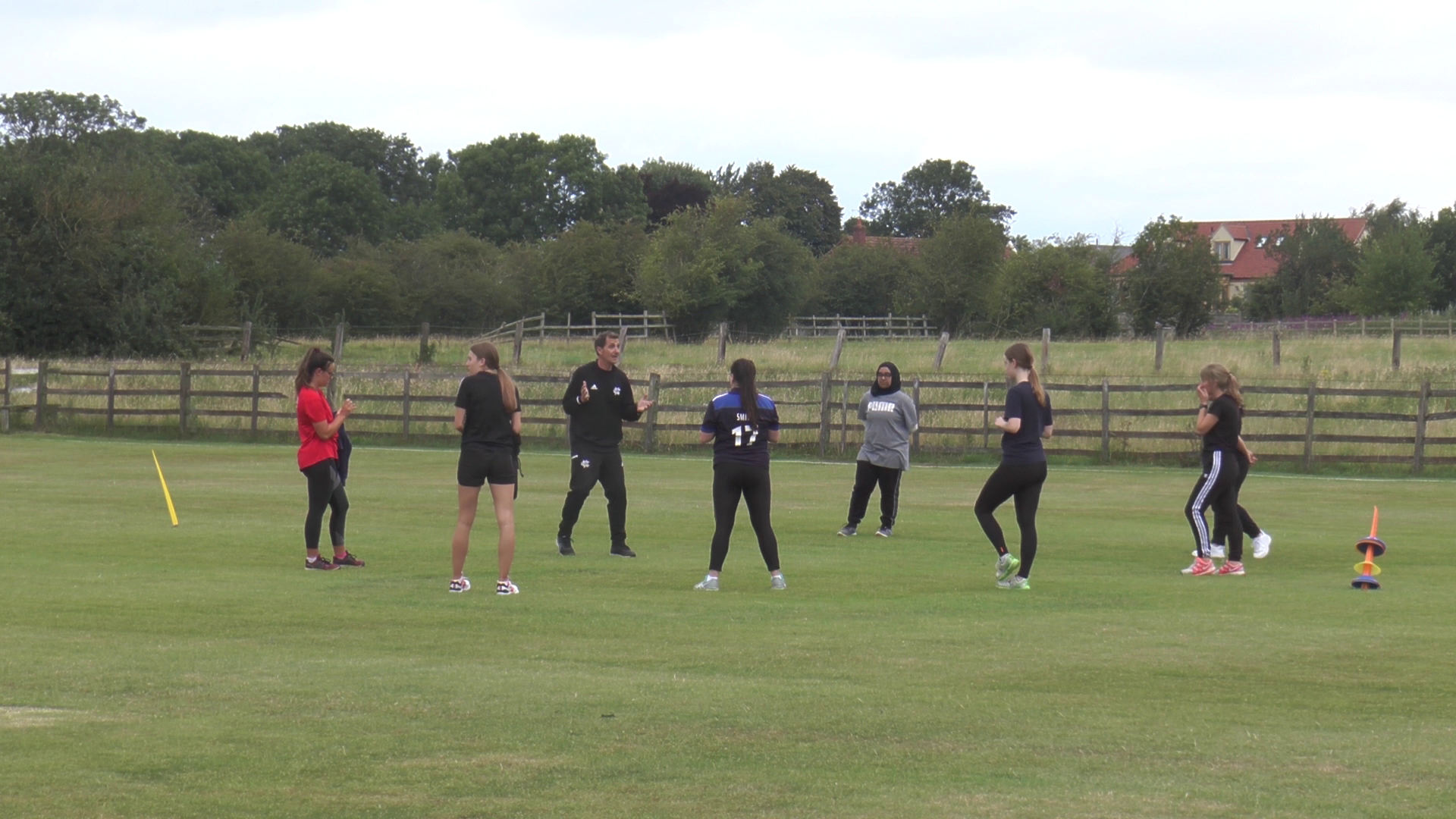
Former professional Jim Hindson coaching at Plumtree Cricket Club in Nottinghamshire
Former professional Jim Hindson coaching at Plumtree Cricket Club in Nottinghamshire
But the more lucrative men’s sports in football, cricket, and rugby have been able to return first.
In June, The England Cricket Board (ECB) announced that men's domestic cricket season would restart in August, whilst domestic women's cricket in England would be unable to begin at the same time.
The ECB added that the pandemic had resulted in 'specific challenges' for the women's game, most notably 'having the required personnel in place to handle stringent return-to-play protocols.'
But Jim says in cricket, prioritising the men’s England team for a return with two summer test series, was good news for both men’s and women’s cricket.
Sponsorship
In rugby union, Tyrell’s crisps have chosen not to renew their sponsorship deal with the Premier 15s competition – the top women’s competition in Rugby Union in the UK – leaving them without a sponsor at the time of writing.
"Right now during the pandemic, lots of sponsors have pulled out of women's sports and without those sponsorships, women's sports could die as a whole."
Jordan Guard outlined the severity of the situation for women's sports.
"Right now during the pandemic, lots of sponsors have pulled out of women's sports and without those sponsorships, women's sports could die as a whole."
Adam Zoltie, a sports journalist and producer of the Women's Rugby Show, explained that the economic climate will make it a difficult time to attract sponsorship.
The prolonged pause has raised concerns about the knock on effects this could have in attracting sponsors in the future, following landmark deals in recent years which have improved the professionalism within sports such as football and netball.
Chloe Merrell, a netball journalist, says this is a huge concern, but hopes sponsors show their long term commitment to women's sports.
Despite these worries, Jordan feels confident that women's sport can come back stronger.
"We've got three or four months to sort everything out behind the scenes to make sure that all the frameworks are updated.
I think a lot of people in women's sports have been taking advantage of this time, making sure that we're really stepping ahead of the game to make sure that women's sport is better coming back than it was before."
Visibility
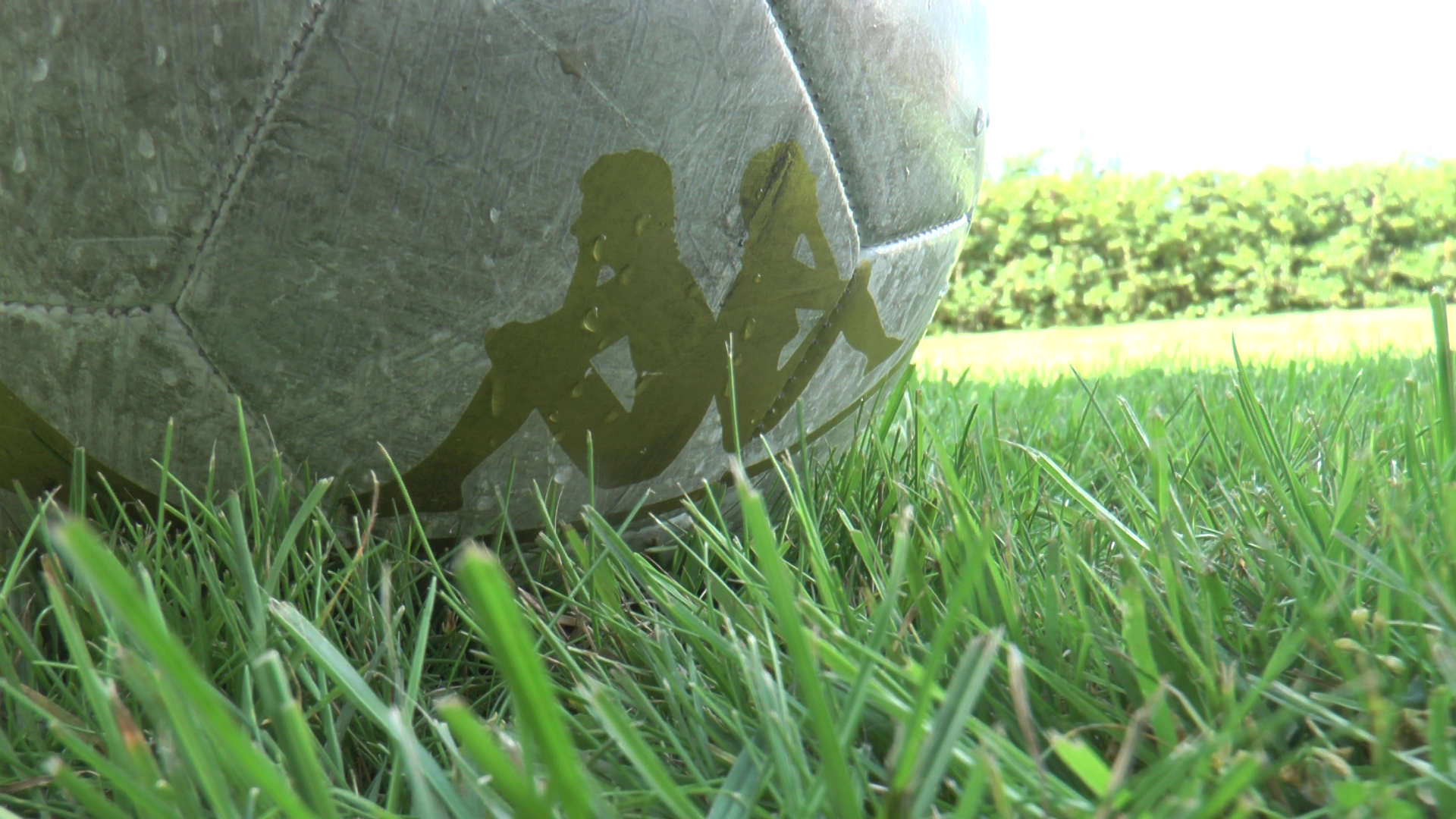
In recent years visibility for women's sports has improved dramatically. Primetime live coverage of Team GB Women's Hockey team winning Olympic gold in 2016 was labelled as a 'catalyst' for an upturn in the profile and interest in women's sports.
Consecutive semi-final runs in the last three major football tournaments, a Cricket World Cup victory in 2017 and a netball gold medal in the 2018 have also captured imaginations across the country.
The importance of role models, says footballer Joanna Butler, is paramount to young girls and the next generation of sportswomen.
The top football competition in the UK, the Women's Super League, and the netball Vitality Super League have been broadcast across major networks such as BT Sport, Sky Sports, and the BBC in recent years.
But despite sports channels using repeats of old matches to fill air time during lockdown, Jordan questions why there were no sign of women's sports.
A fall in visibility makes sports less attractive to potential sponsors and less accessible to fans - both new and old. In short, it threatens the growth of these women's sports - commercially and in popularity.
"It's astronomically important that this [better visibility] happens for us coming out of the pandemic."
This not only has an impact on the elite teams, competitions and players, but also on participation at a grassroots and amateur level. This has knock on effects on activity levels across the country, and the health benefits that come with it.
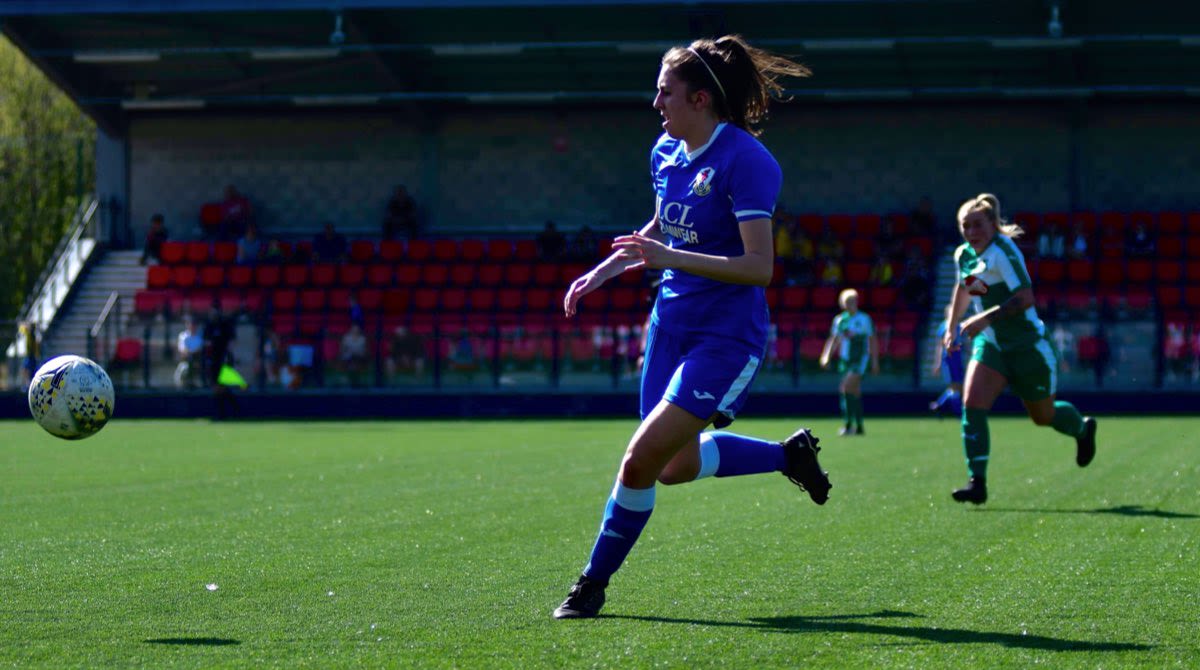
Jordan in her playing days | Credit: Jordan Guard
Jordan in her playing days | Credit: Jordan Guard
The Digital, Culture, Media and Sport Committee (DCMS) found in a recent report that the cancellation of sporting events due to the coronavirus has meant women are less likely to be inspired to play sports, as well as risking 'undoing work to improve funding'.
Jordan sums up the importance of visibility.
"If women's sports isn't all over our screens are the school kids going to want go back and watch the games? Is the money going to be pumped in through fans?
If it is all over our screens the kids are going to want to go to games, parents are going to want to take them and sponsors are going to want to see that and say 'okay, how do I become the face of that?'"
"It's astronomically important that this [better visibility] happens for us coming out of the pandemic."
Governing Bodies and Funding
So with financial difficulties and a complete lack of mainstream visibility at present, are governing bodies doing enough to pick up the slack and support women's sports?
"The honest answer, no." says Adam Zoltie, sports journalist and producer of The Women's Rugby Show.
Chloe Merrell a freelance netball journalist, spoke of the the dire situation of one franchise in the netball Vitality Super League who had resorted to a crowd funding appeal for £50,000.
‼️ EMERGENCY COVID APPEAL ‼️
— Saracens Mavericks (@SaracensMavs) June 2, 2020
We are looking for your help in raising £50,000 in order to survive in @NetballSL & to provide services across Hertfordshire & the East of England community
DONATE HERE ⬇️https://t.co/6lBDLMKyug#thankyou ❤️🖤
"[Saracens] Mavericks, who are really struggling, they're properly in the red, we're saying they'd applied to Sport England for a grant - and were rejected."
A statement from Women In Sport claimed that women's sport had been deprioritised over the lockdown period, whilst a DCMS report called upon the government to ensure men's elite sports are not 'further prioritised' at the expense of the women's game.
The report concluded that women's sports have been 'consistently underfunded' over recent years and highlighted that the COVID-19 crisis has exacerbated gender inequalities in sport.
With women’s sports less financially developed than their men's equivalents, it would cost a lot less for governing bodies to provide sufficient financial support.
In fact, England Netball supports the semi-professional Netball Superleague on just £15m of revenue.
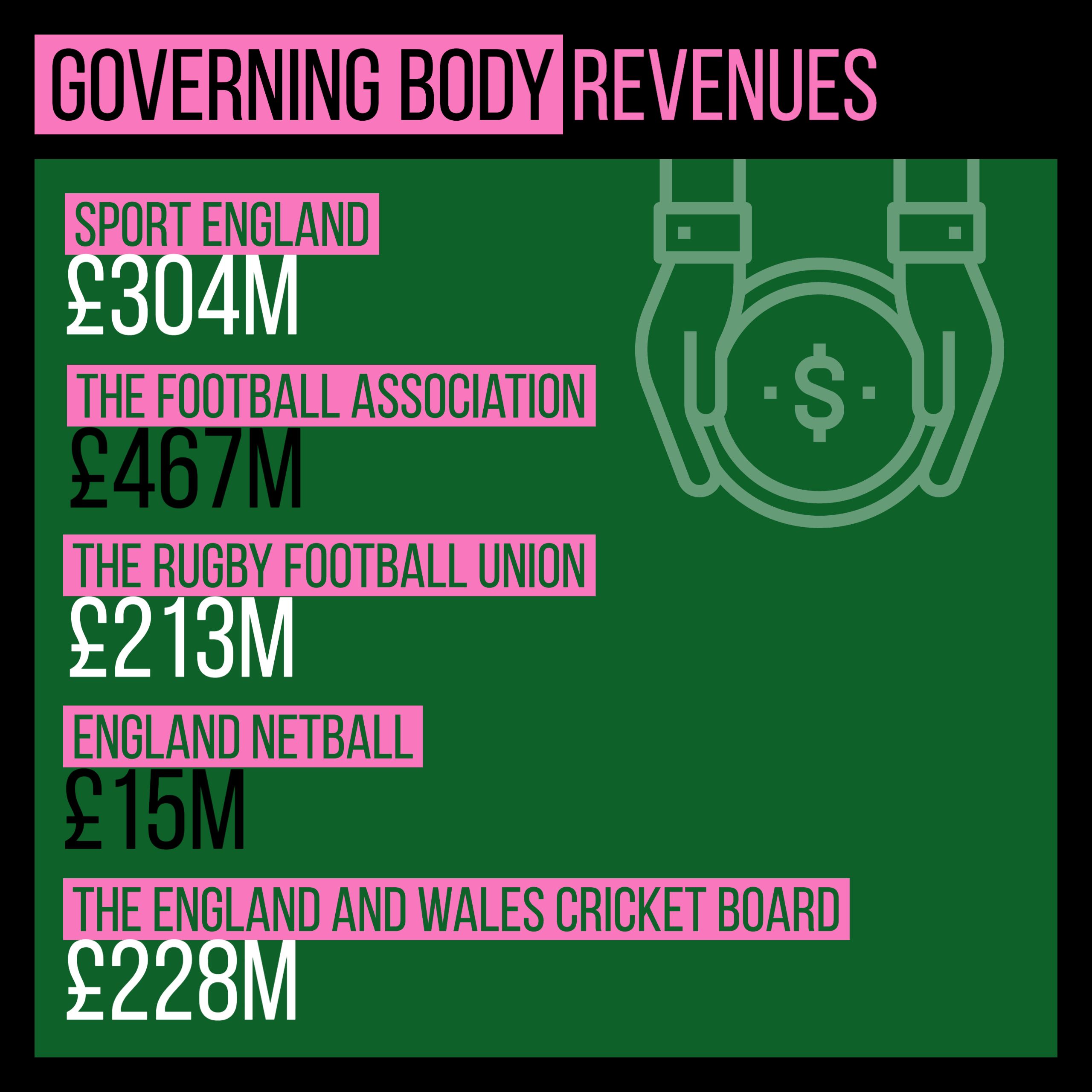
The latest revenue figures from sports governing bodies in England
The latest revenue figures from sports governing bodies in England
But some women's sports, such as cricket and rugby union, are so under developed on a domestic level that the lack of professionalism and money in the top leagues has actually been a benefit in this shutdown scenario.
Syd Egan, a cricket journalist of 20 years, praises the ECB for their work on improving women's game in recent years and says that they have protected the women's game well over the pandemic.
But Syd also accepts the sport was not in a particularly strong position to start with.
"It's another case I suppose of because we weren't raking in one million pounds in sponsorship, it's a little bit easier to manage."
And he also raises questions about whether the ECB support will remain if the men's game continues to struggle.
"Does it [women's cricket] have the backing of the men's counties that kind of underpin the [ECB] board? That's going to be an interesting question when push comes to shove next year."
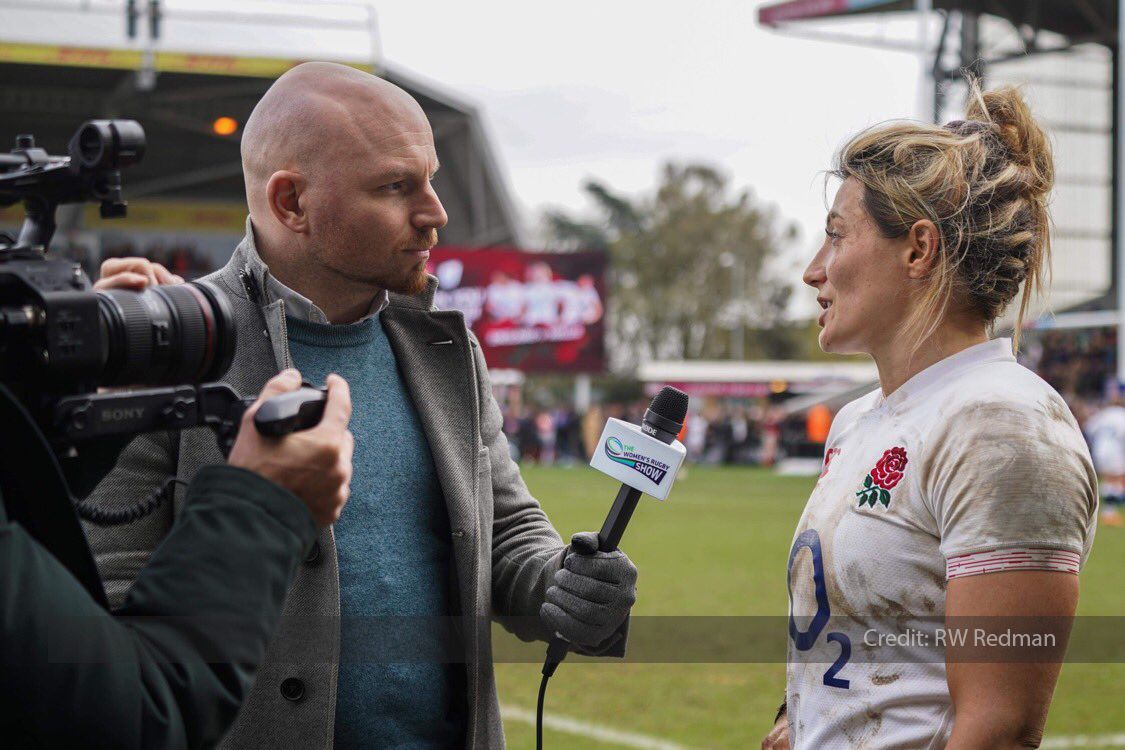
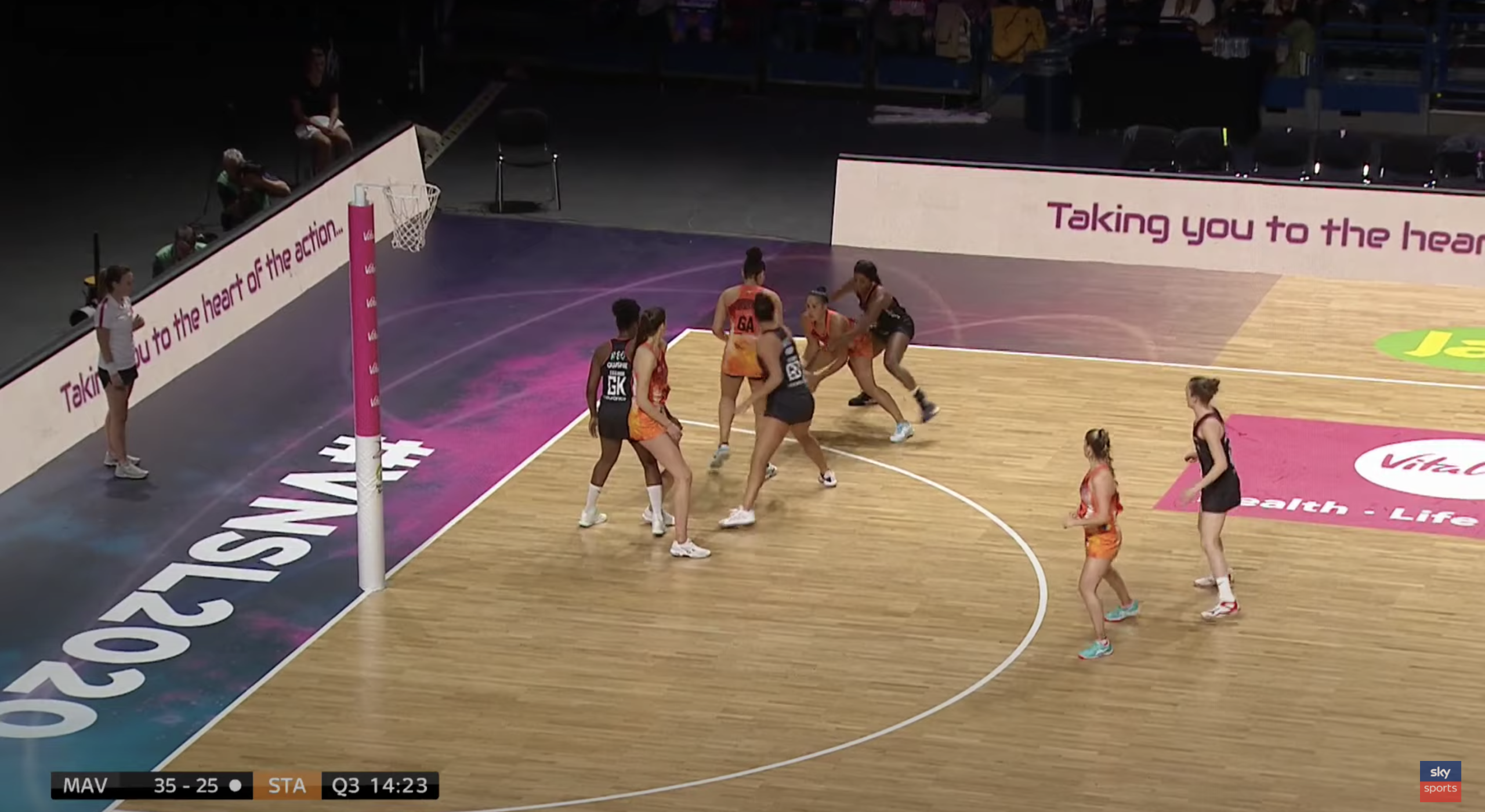
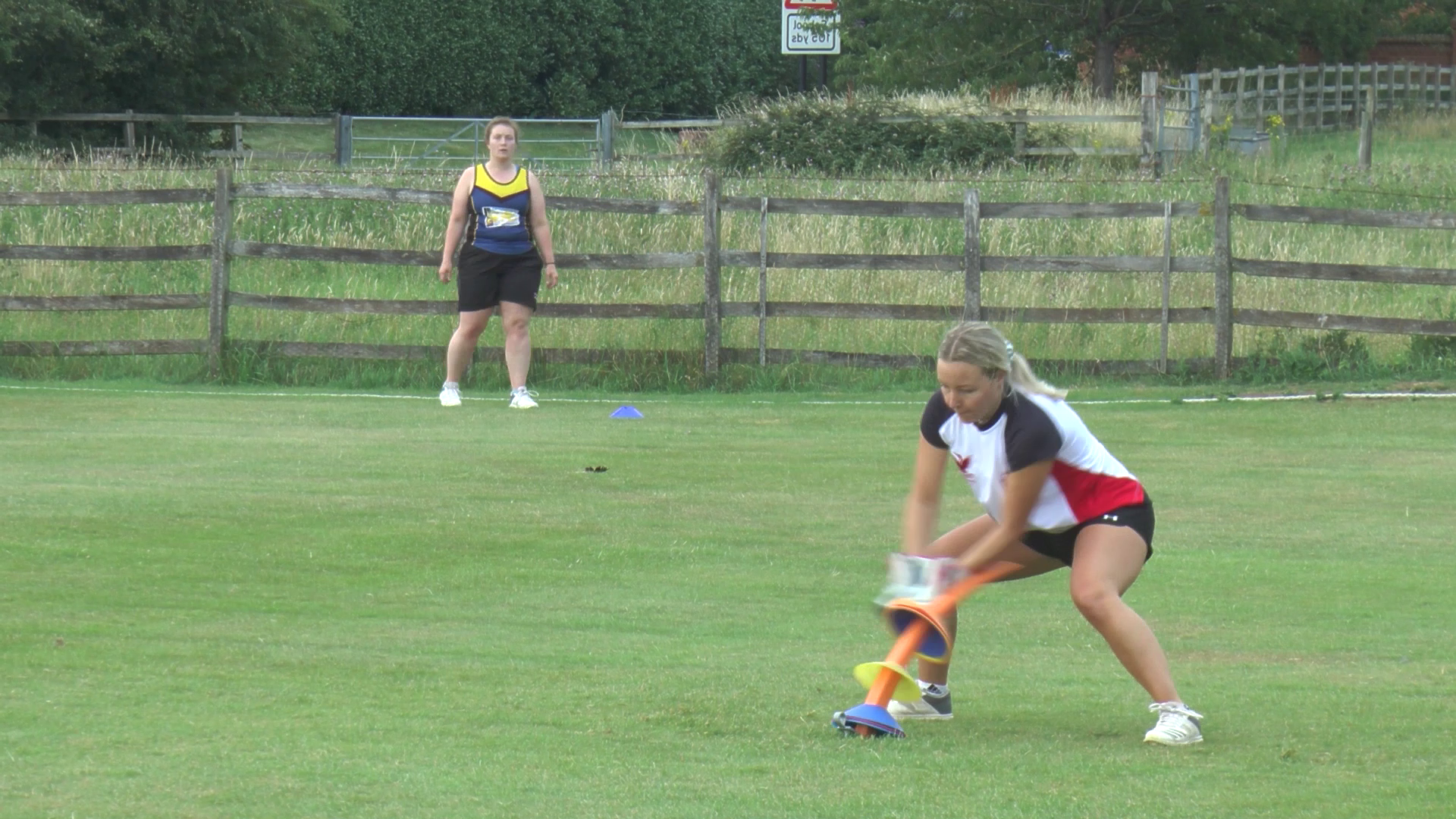
The Players Perspective
In rugby, Saracens forward Rosie Galligan says she is noticing the knock on effects of the pandemic already.
"We've [Saracens players] all had to take a pay cut and unfortunately for us there is a disparity in salaries anyway, so a pay cut for us [women] may seem more significant... it definitely makes it hard."
"The lack of infrastructure whilst the pandemic has been around has been tricky as we haven't had access to gyms... a lot of the girls have struggled with not actually having a routine and being able to keep up with their training."
Many accept that women’s sports simply aren’t as financially developed as men’s sports, and Rosie says the women's game needs to try and develop before it can bring more money to the game.
Due to the commercial differences between the two sports, Rosie doesn't expect to earn as much as her male counterparts. But she does want to see more professionalism in the game and to be given the chance to better focus her life on rugby.
"At the minute, I couldn't live off [my] rugby money... Over the next five to six years it would be nice to be able to half my income from rugby because it basically is half my life."
"I definitely do think that the game will be affected... in terms of the quality of coaching and opportunities being offered to the girls"
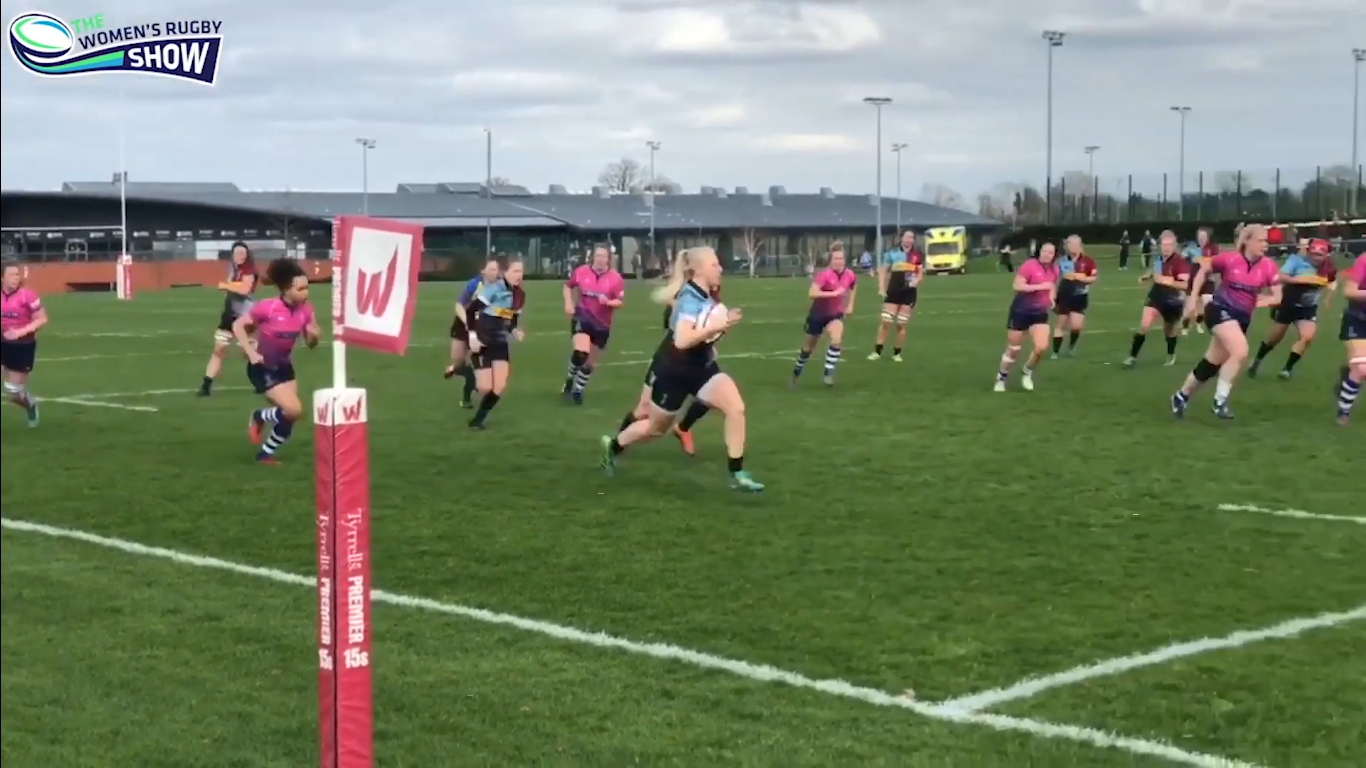
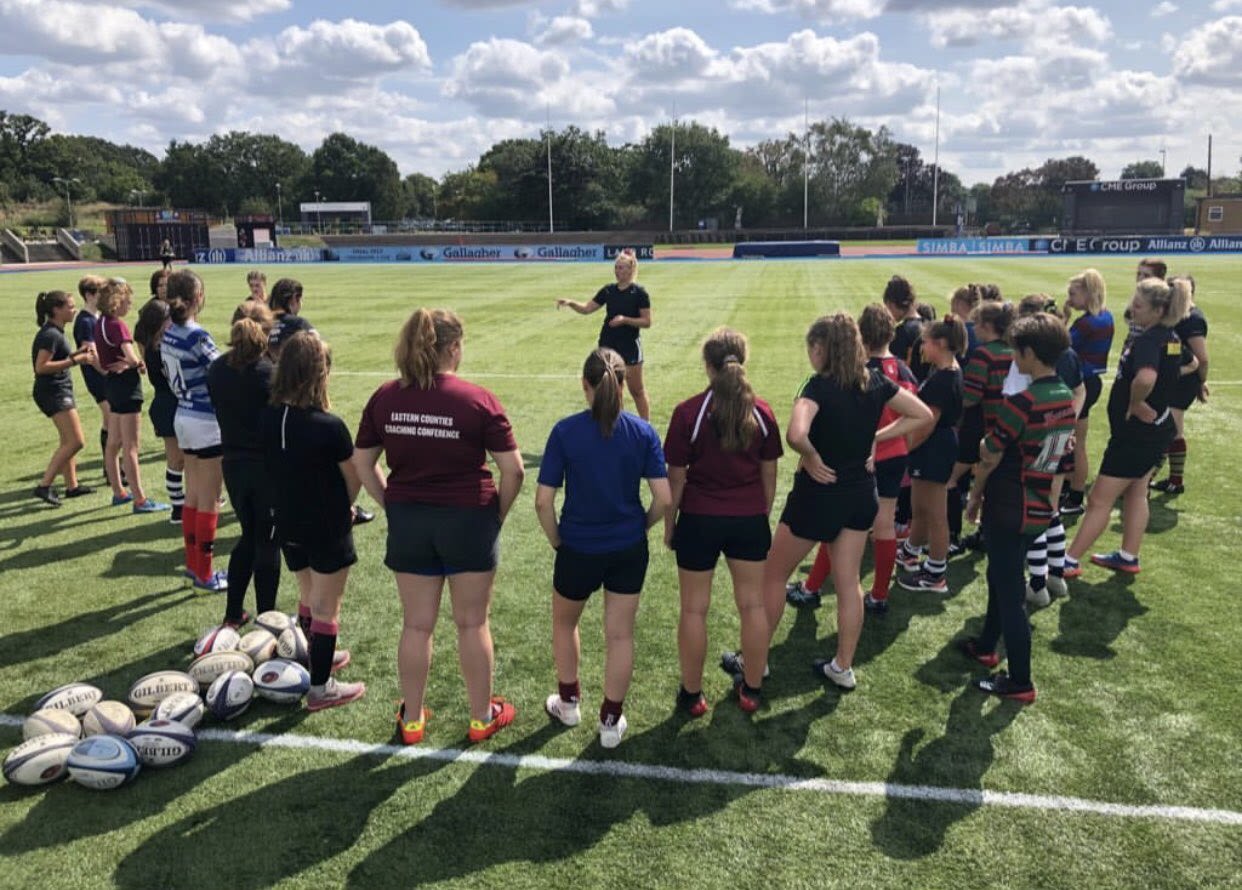
Today's Outlook
As it stands, almost six months on from the pandemic shutting down sports in the UK, elite women's sports are slowly beginning to return.
The new FA Women's Super League and Championship season began on the 5th September after the 2019/20 season was ended prematurely in May.
In women's cricket, a one-off competition - the Rachel Heyhoe Flint trophy - began at the end of August to give teams some competitive action after most of the cricket season was written off.
Rugby and netball have experienced more difficulty in returning. Both sports involve passing a ball from hand to hand, whilst rugby is a heavily contact-based sport and elite netball is played indoors - all which pose problems when it comes to coronavirus transmission.
The Gallagher Premiership men's domestic rugby competition has been able to resume the 2019/20 season with stringent health and safety measures, including regular coronavirus testing. However, the women's Premiership are still only in the training phase, although international games are scheduled in October for both the men's and women's England teams.
For the Vitality Netball Superleague franchises, they will have to wait until February 2021 before their competition resumes, after talks regarding a shortened Autumn competition to increase the exposure of the sport fell through.
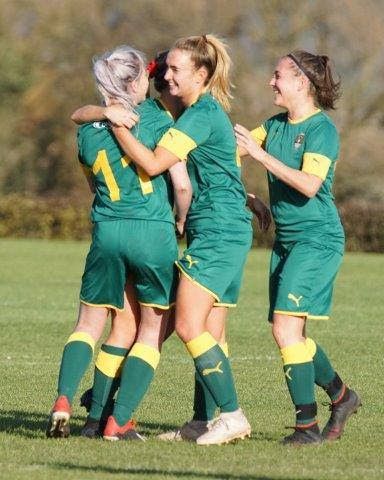
Credit: Notts County Women FC
Credit: Notts County Women FC
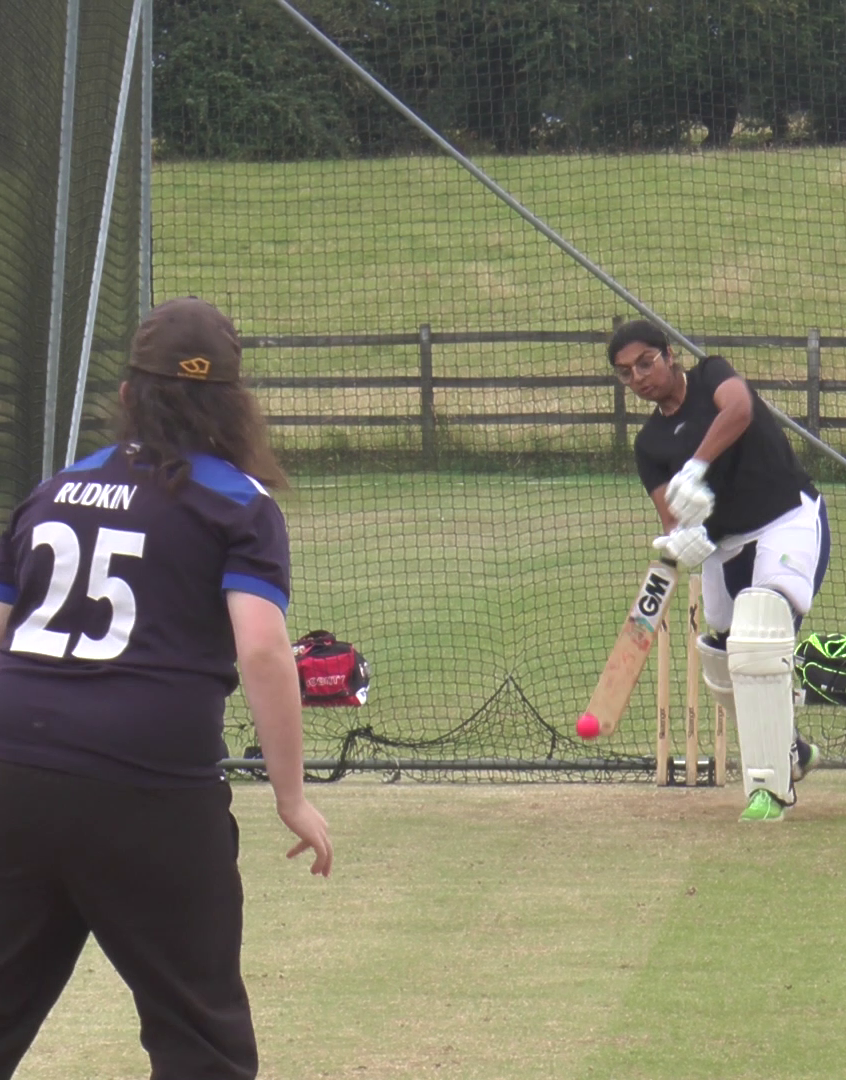
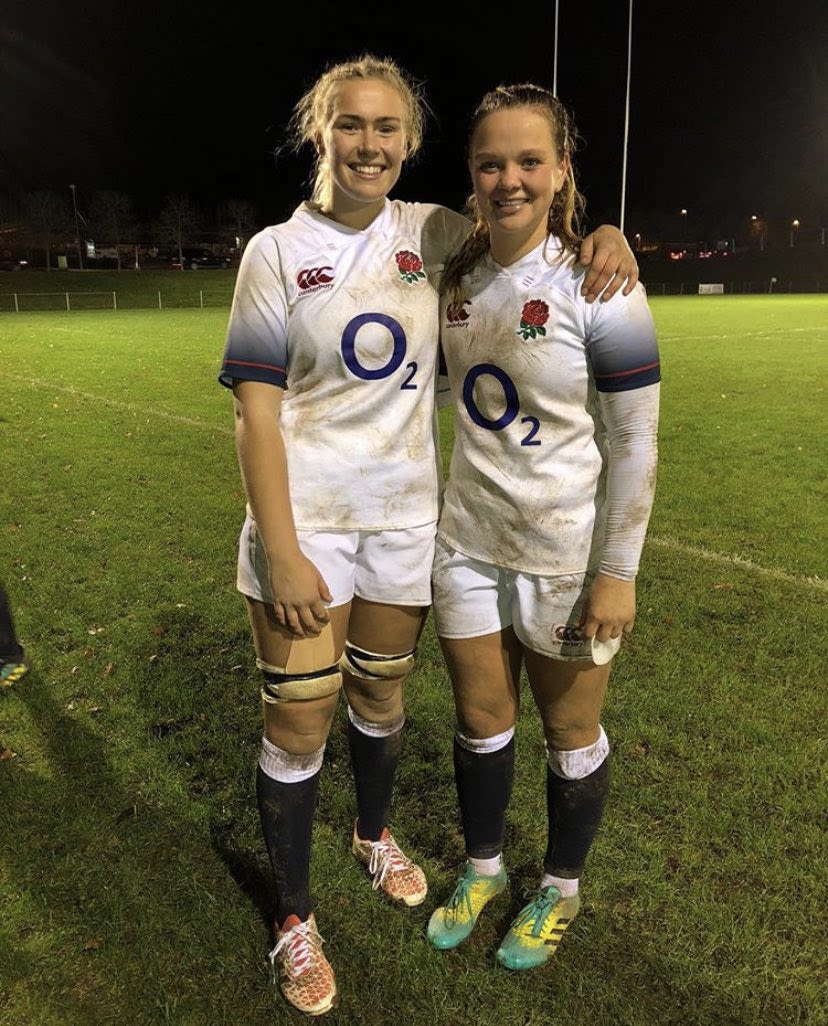
Rosie representing England | Credit: Rosie Galligan
Rosie representing England | Credit: Rosie Galligan
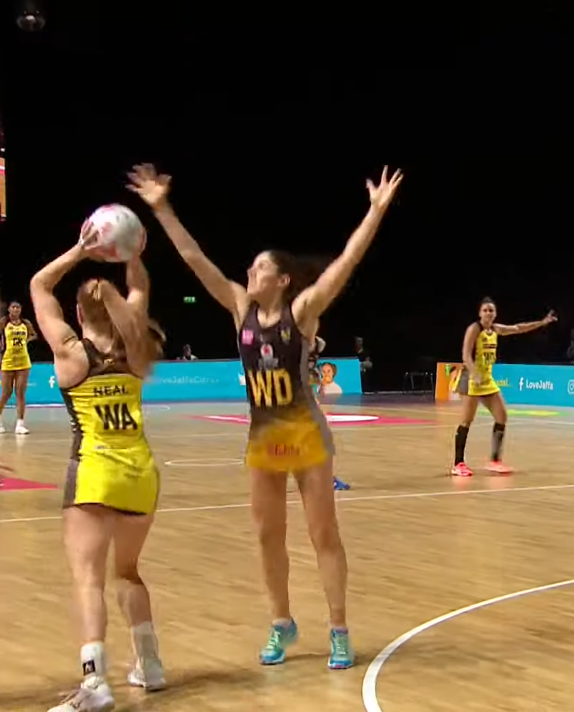
Pictures from Sky Sports
Pictures from Sky Sports
The Future
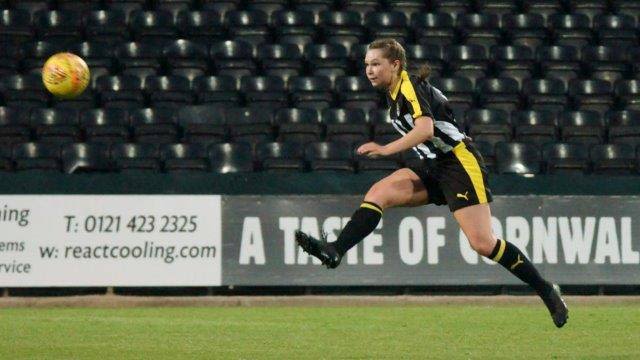
On the face of it, women's sports may now be able to see the light at the end of tunnel.
Elite competitions are slowly returning with either play resuming or return dates set in football, cricket and netball, and as it stands no elite teams have had to fold due to financial issues caused by the pandemic.
However, the worst may still be to come when the Government Job Retention scheme ends in October, with the prospect of little or no match day income and a reduced appetite for sponsorship deals for the foreseeable future.
The semi-professional netball franchises, for example, will have gone nearly 12 months with no competitive games by the time the season returns in February 2021, meaning no match day income and no exposure for their sponsors for almost a year.
To varying degrees, this is something that sports teams - both male and female - have had to come terms with.
However, the more lucrative men's sports have been better placed to survive and continue- whilst the DCMS found that women's sport has been 'consistently underfunded' by governing bodies.
Former professional cricketer and businessman Jim Hindson talks about why women's cricket is more vulnerable
And whilst the top women's competitions and clubs look like they'll survive financially for now, the impacts of the coronavirus pandemic may be more complicated.
And it's these deeper impacts that make the effect on women's sports 'disproportionate' in comparison to the men's game.
The complete lack of visibility over the lockdown threatens to undo the progress in recent years, and is a threat to participation levels, fanbases and the value of sponsorship opportunities - which could potentially exacerbate any financial issues.
Women's sports need more in terms of resources from governing bodies to help them grow and prosper. Not just in terms of funding, but also in support staff and infrastructure.
Better gender representation in the media and on governing bodies would make a huge difference, says Adam Zoltie.
Women's sport accounts for just 7% of sports media coverage in the UK
WOMEN IN SPORT
"I 100% think rugby would be better and more equal if there was a more equal spread of not just male and female but also from all different ethnic backgrounds.
It's well documented that the World Rugby board has one female... I have no doubt that if there were more women in rugby at the higher level then more stuff would get done."
Finally, simply the way that women’s sport and women’s competitions are labelled and seen in society can make them seem inferior.
In men's football for example, the elite European club competition is known as titled the 'UEFA Champions League'. The women's version it's known as the 'UEFA Women's Champions League'.
"In the Olympics... there's no differentiator, there's not the 100 metre final and the women's hundred metre final." says Jordan Guard.
"I think it's really important that we jump on the bandwagon of the Olympic games and copy what they're doing because they're more equal playing fields."
In Joanna's experience, part of the problem stems from attitudes in the school playground.
And Jordan says education is the key.
"It comes down to what we're taught in school... if there's girls who want to play football with the boys at break time and they can't, or they don't feel comfortable, then we need to look at, why is that?
That's where attitudes are learnt, that's where behaviours are learned... so we need to teach kids that it doesn't matter if you're black or white or male or female, you can do this."
For women in sport, feeling marginalised is nothing new. But hopefully this time, those in the industry will learn from their mistakes and address the gender inequalities highlighted by the pandemic.
And according to Jordan, the tide is beginning to turn.
As Rosie explained, there are undeniable commercial differences between men's and women's sports.
Women understand this means there is less money in their game for now. But what sportswomen do want is to be treated as equals by society and the governing bodies that are supposed to look out for the interests of their sport as a whole.
Until this happens, women in sport will continue to fight for what they deserve.

Credit: Unsplash
Credit: Unsplash
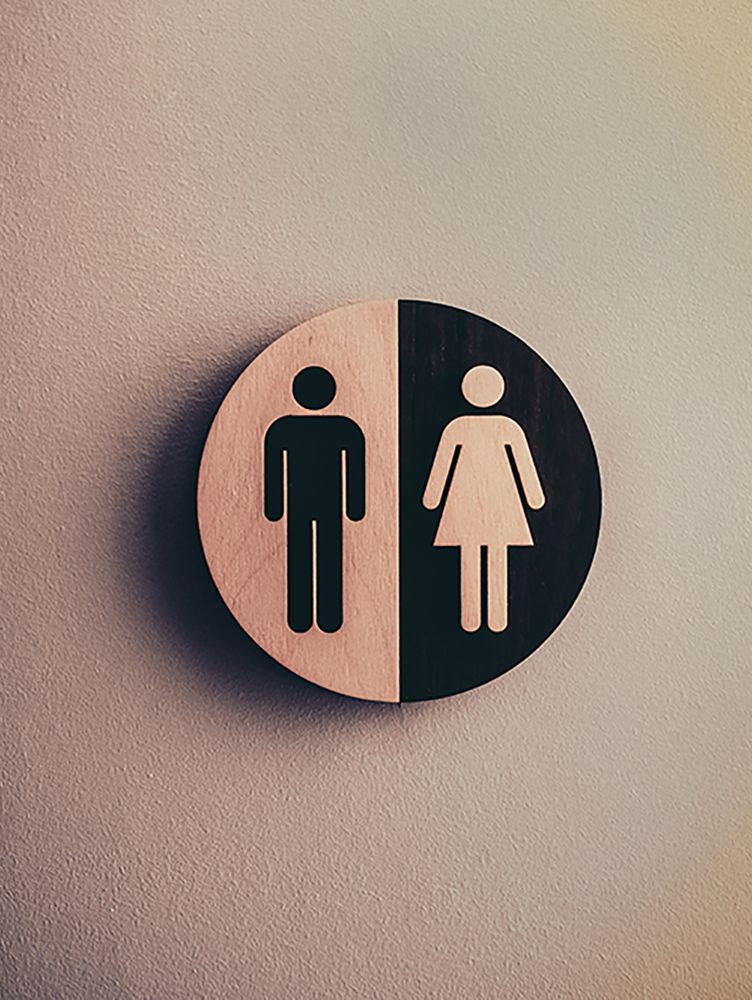
Credit: Unsplash
Credit: Unsplash
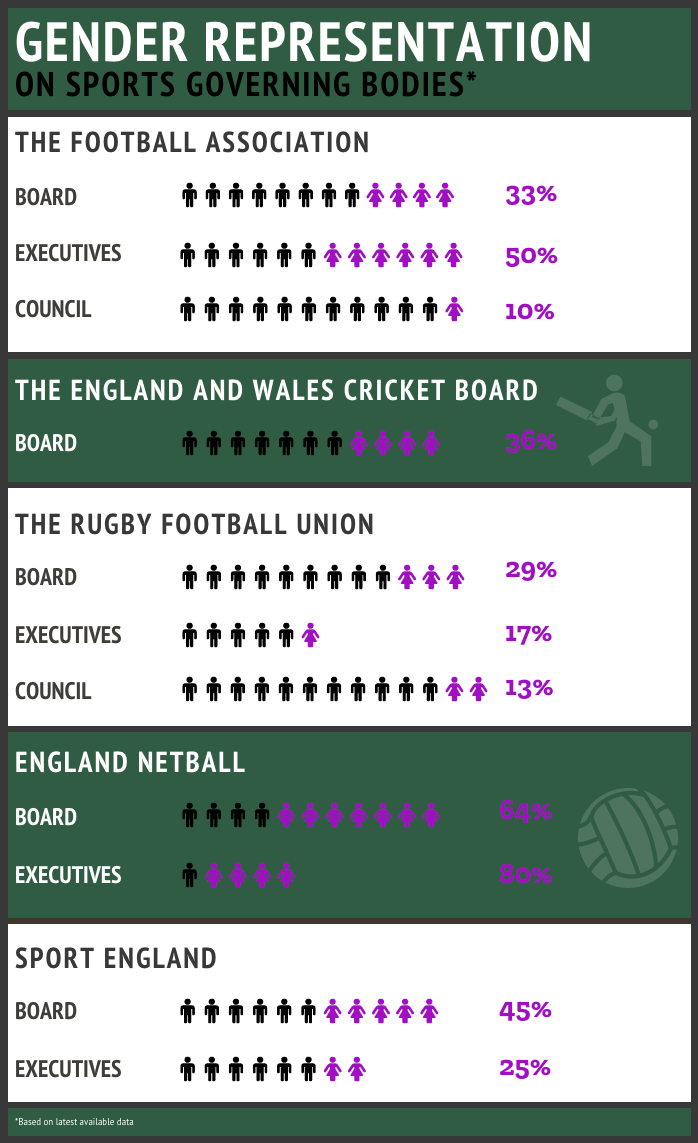
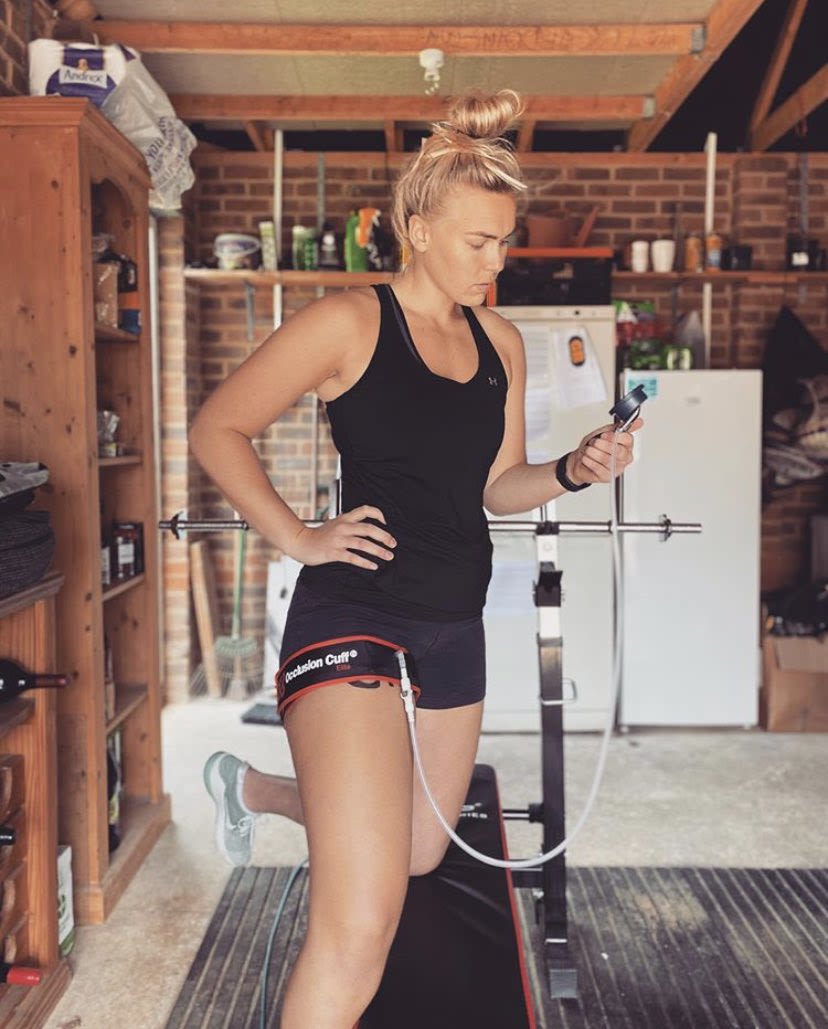
Credit: Rosie Galligan
Credit: Rosie Galligan
